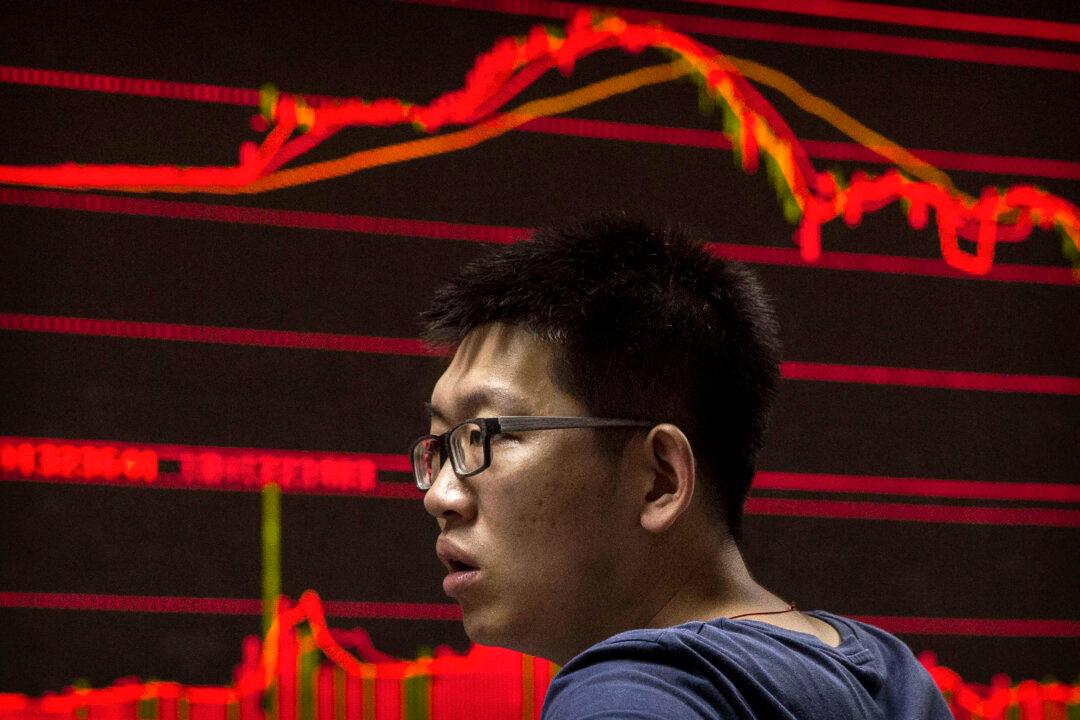When times are good, there is no reason to point fingers. When times are bad, there is still no reason to point fingers, but usually people and institutions alike do it anyway.
Case in point is an unnamed Chinese central bank official who blamed the Fed for this week’s epic market volatility. According to Reuters he said you “can’t blame yuan devaluation for global market turmoil” and that the Fed should delay a rate hike much anticipated for September.
One would usually dismiss such claims coming out of China rather easily, but in this case the central banker might have a point.
We have previously reported that the market forced the People’s Bank of China (PBOC) to let the yuan devalue 3 percent in mid-August because of a severe global dollar shortage.





